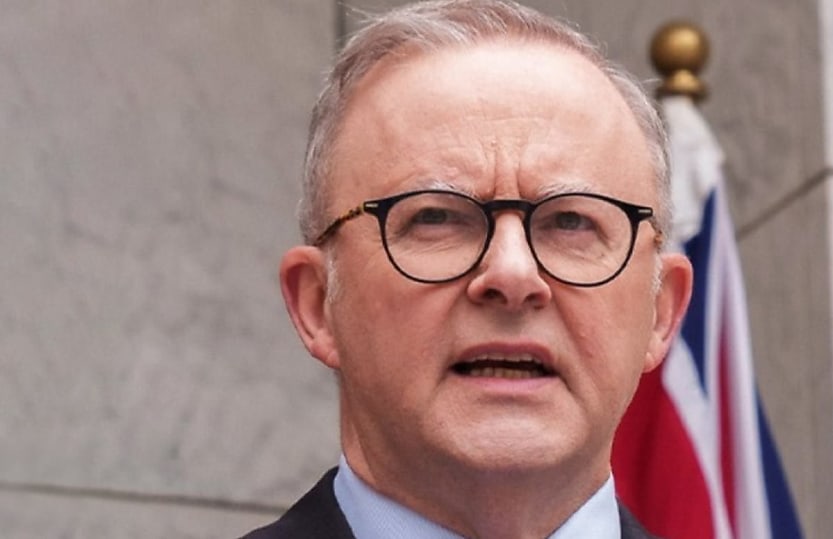Labor calls on Fair Work Commission to boost minimum wage beyond inflation

Labor called for a real award wage increase in a submission to the Fair Work Commission’s annual wage review.
In a submission on Wednesday, Labor argued that minimum wage employees should receive a real wage increase after inflation has eroded workers’ spending power.
“Labor believes workers should get ahead with a real wage increase. Despite heightened global uncertainty and volatility, the Australian economy has turned a corner,” Labor said in the submission.
“Inflation is now less than one-third of its peak, unemployment remains low, there are over 1 million additional people employed than in May 2022, and interest rates have started to come down.”
The boost to award wages would see approximately 3 million minimum wage workers, including cleaners, retail workers and early childhood educators, get a pay rise beyond inflation.
Research from recruitment firm Robert Walters found that wages grew 3.2 per cent year on year in February, but struggled to keep pace with living costs. Almost half (45 per cent) of employees felt that their salary did not keep up with inflation.
Broad global uncertainty and shifting economic conditions have put businesses under pressure and contributed to volatility in the labour market, Robert Walters said.
"As we approach the end of Q1, businesses are clearly navigating a complex economic landscape, balancing hiring needs with cost pressures,” Shay Peters, chief executive of Robert Walters Australia and New Zealand, said.
“Employers remain cautious, particularly in response to global economic conditions and even perhaps the upcoming federal election.”
Financial services salaries rose less than 3.6 per cent last year, just clearing inflation, research by recruitment firm Keegan Adams found. Workers have struggled to secure salary increases when switching jobs, dampening the financial incentive to move between companies.
“We are seeing tight budgets hold salaries down and bring productivity to the top of companies’ concerns. They also mean smaller hiring budgets, which – with confusion and job insecurity keeping employees in place – are seeing a Great Freeze,” Claire Keegan, managing director of Keegan Adams, said.
Firms are also under pressure amid rising business costs and languishing productivity growth.
“Rising costs of doing business and tepid economic conditions are increasing pressure on firms and in turn on business leaders to do more with less, bringing productivity and performance into sharp relief,” Keegan Adams said in a release.
In its monetary policy decision statement on Tuesday, the RBA noted that unit labour costs have remained high as productivity stays persistently stagnant.
“Productivity is how people can get real wage rises,” governor Michele Bullock told journalists at the RBA’s monetary policy decision media conference.
“If productivity didn’t pick up, then that means that the rate of nominal wage growth that can be sustained and be in line with the inflation target is lower.”
Labor asserted that the real minimum wage increase could be delivered in a way that is economically responsible and in line with RBA objectives.
“An increase in minimum and award wages should be consistent with inflation returning sustainably to the RBA’s target band this year, while providing further relief to lower-income workers who continue to face cost-of-living pressures,” Labor senators said in a joint media release.
“This position is both economically responsible and fair. It will ensure low-paid workers can get ahead as inflation continues to moderate and real wages continue to grow across the economy.”






